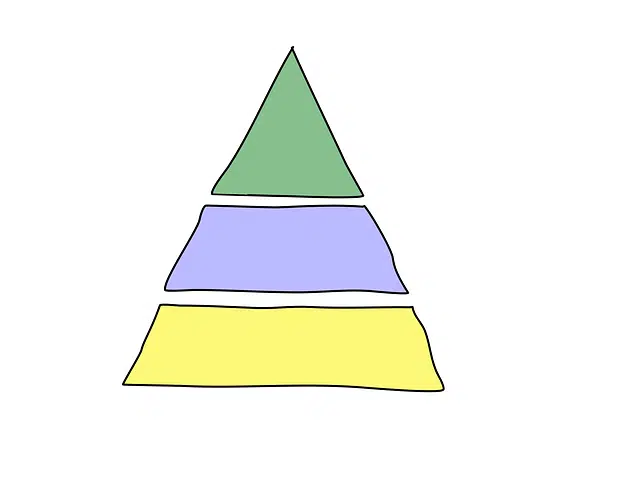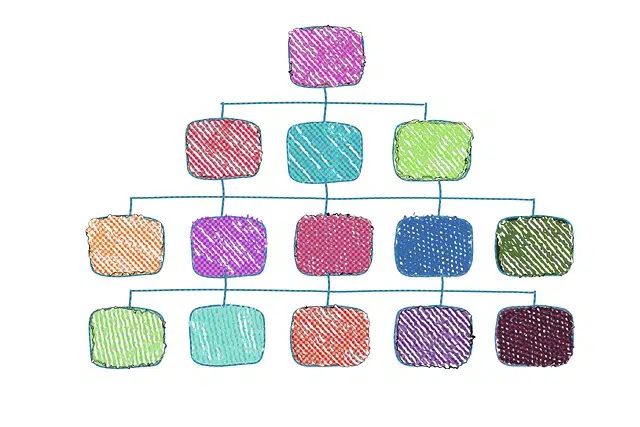
A hierarchy is an order that implies a gradation.
In Greek is where we find the etymological origin of the word hierarchy . Thus we can see, exactly, that it emanates from the word hierarchy , which is the result of the sum of two terms: hieros , which can be translated as "sacred", and arkhei , which is synonymous with "order".
Hierarchy is an order of elements according to their value . It is about the gradation of people, animals or objects according to criteria of class, typology, category or other topic that allows the development of a classification system.
an order
Hierarchy, therefore, assumes a descending or ascending order . The concept is usually associated with power , which is the ability to do something or the power to command. Whoever occupies the highest positions on the hierarchical scale has power over others.
Companies are hierarchical organizations. In a simplified structure, the owner is the one at the top of the hierarchy: no one makes decisions without his consent. Behind them are the managers, the division heads and finally the employees with no one in charge. These hierarchical divisions mean that those in the lower categories must obey their superiors.

In an organization chart it is possible to see the internal hierarchy of a company or entity.
Hierarchy Types
There are many different types of hierarchies. For example, there is what is known as the ecclesiastical hierarchy , which is the one that establishes the order with regard to positions that exist within the Church. Thus, in the case of the Catholic we find that said hierarchy is made up of the following degrees: pope, cardinal, archbishop, bishop, vicar, monsignor, canon, parish priest...
In this sense, we would also find what is known as the angelic hierarchy . A term that, specifically, comes to determine the order that, according to the passages of the Bible, the various choirs of angels that exist occupy.
In the same way, there is also the so-called military hierarchy , which is what makes clear the order and importance of the ranks that exist in the military sphere. This means that we can talk about captains, generals, lieutenants, colonel, commander, captain, ensign , non-commissioned officer, sergeant, brigade, corporal or soldier, among many other examples.
Along these lines, we could also make clear the existence of what is known as crew hierarchy , which is that which determines the rank and power of the different people who sail on a given ship. Among them we would find sailors or officers, among others.
The concept in the State, zoology and everyday language
The government of a State also has a hierarchical organization, although qualified by the obligation to respect various constitutional regulations and procedures. In a presidential republic, the president is the one who orders the ministers; These, in turn, can command the secretaries.
In the animal world, hierarchy is usually established through force and aggression. The strongest animals manage to establish an order of dominance over other individuals of the same species, who abide by this hierarchy of relationships.
Hierarchy, finally, is used as a synonym for value in everyday language: "All teams need players of that hierarchy," "A painter of this hierarchy cannot exhibit every three or four years."
